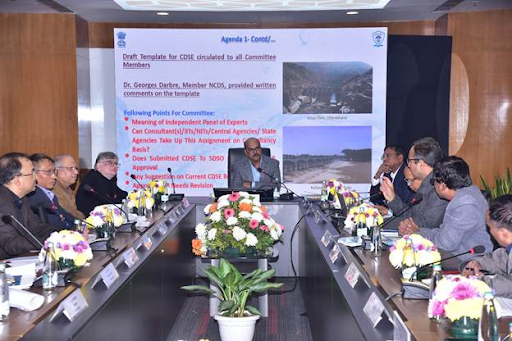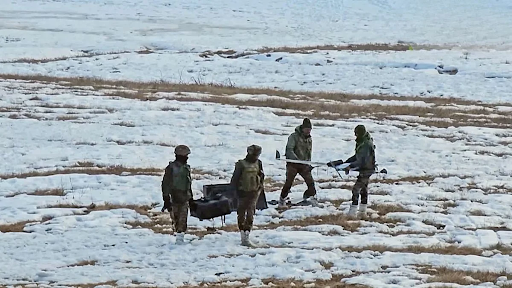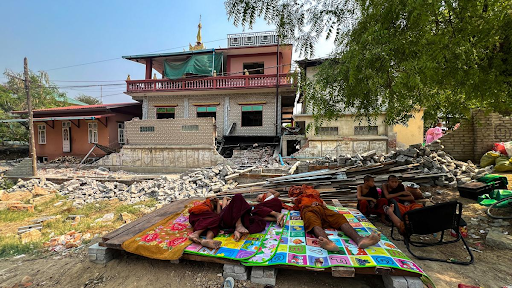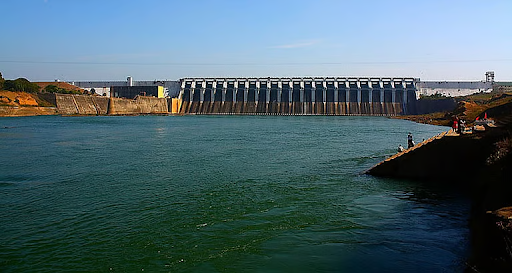Description
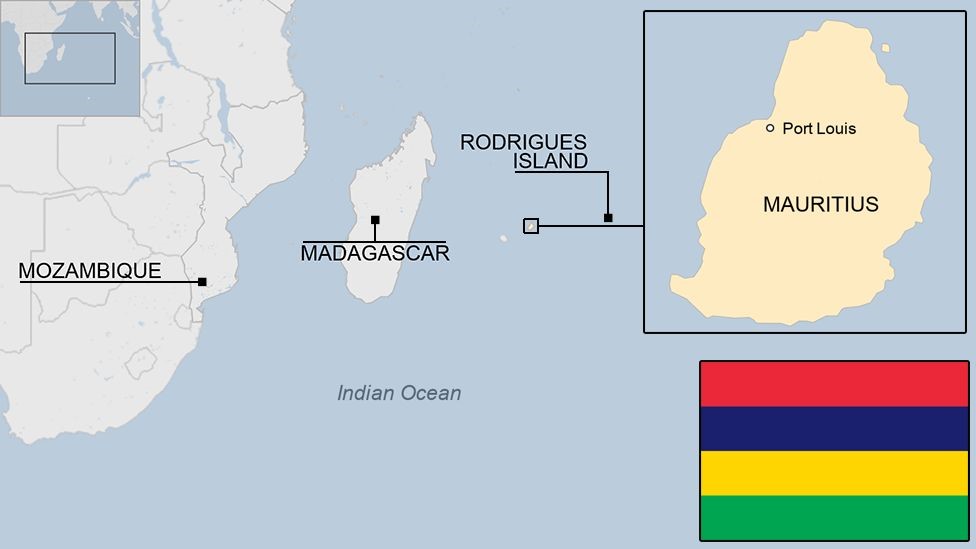
Disclaimer: Copyright infringement not intended.
Context
More than 3,000 people are stranded in Mauritius waters after the Indian Ocean island nation stopped a ship belonging to Norwegian Cruise Line Holdings from docking at its ports due to what it said was a health risk.
Details
Mauritius
- Mauritius, island country in the Indian Ocean, located off the eastern coast of Africa. Physiographically, it is part of the Mascarene Islands. The capital is Port Louis.
- Mauritius also claims sovereignty over the Chagos Archipelago (including Diego Garcia), some 1,250 miles (2,000 km) to the northeast, although this claim is disputed by Britain.
- It is the 170th largest nation in the world by size.
History
- The history of Mauritius is a tapestry woven with influences from various cultures and colonial powers. Originally uninhabited, the island was first discovered by Arab sailors in the 10th century.
- In the 16th century, it was colonized by the Dutch, who named it after Prince Maurice of Nassau. Later, the French took control in the 18th century before ceding it to the British in the early 19th century. Mauritius gained independence from Britain in 1968 and became a republic in 1992.

Geography
- The island of Mauritius is volcanic in origin and is almost entirely surrounded by coral reefs.
- The island is surrounded by more than 150 km (100 mi) of white sandy beaches, and the lagoons are protected from the open sea by the world's third-largest coral reef, which surrounds the island.
- The northern part is a plain that rises to a central plateau, the plateau is bordered by small mountains that may have formed the rim of an ancient volcano; the highest point (2,717 feet [828 metres]) is Piton de la Petite Rivière Noire in the southwest.
- The two major rivers, the Grand River South East and the Black River, are the primary sources of hydroelectric power. Lake Vacoas, one of the main reservoirs, is the chief source of water.
- Together with Saint Brandon, Réunion, and Rodrigues, the island is part of the Mascarene Islands.
- These islands emerged as a result of gigantic underwater volcanic eruptions that happened thousands of kilometres to the east of the continental block made up of Africa and Madagascar.
- They are no longer volcanically active and the hotspot now rests under Réunion Island. Mauritius is encircled by a broken ring of mountain ranges, varying in height from 300 to 800 metres (1,000 to 2,600 ft) above sea level.
Islands
Rodrigues Island, Chagos Archipelago, St. Brandon, Agaléga Islands, Tromelin.
Climate and Agriculture
- The climate is maritime subtropical, with fairly uniform temperature throughout the year.
- More than half of the country’s area is arable, and it is almost entirely planted in sugarcane, the major export crop. Vegetables and tea for local consumption are also grown.
Biodiversity
- Due to its volcanic origin, age, isolation, and unique terrain, Mauritius is home to a diversity of flora and fauna not usually found in such a small area.
- The country is home to some of the world's rarest plants and animals, but human habitation and the introduction of non-native species have threatened its indigenous flora and fauna.
- Mauritius was the only known habitat of the extinct dodo, a flightless bird.
- The Mauritian flying fox is the only remaining mammal endemic to the island,and has been severely threatened in recent years due to the government sanctioned culling introduced in November 2015 due to the belief that they were a threat to fruit plantations.

Population composition
- Mauritius has the second highest population density in
- According to the 2011 census conducted by Statistics Mauritius, 48.5% of the Mauritian population follows Hinduism, followed by Christianity (32.7%), out of which 26.3% are Catholic, Islam (17.2%) and other religions (0.7%). 0.7% reported themselves as non-religious
Tourism
- Mauritius is a major tourist destination, and the tourism sector is one of the main pillars of the Mauritian economy.
- Mauritius currently has two UNESCO World Heritage Sites, namely, Aapravasi Ghat and Le Morne Cultural Landscape. Additionally, Black River Gorges National Park is currently in the UNESCO tentative list.
|
PRACTICE QUESTION
Chagos Archipelago often mentioned in news is located in which of the following ocean?
- Indian Ocean
- Atlantic Ocean
- South Pacific Ocean
- Southern Ocean
Answer A
|






